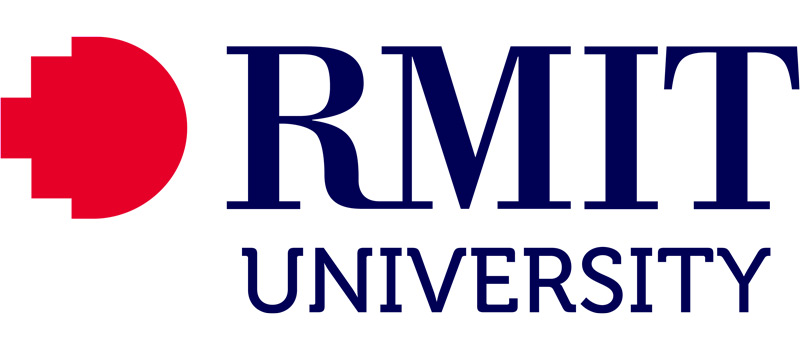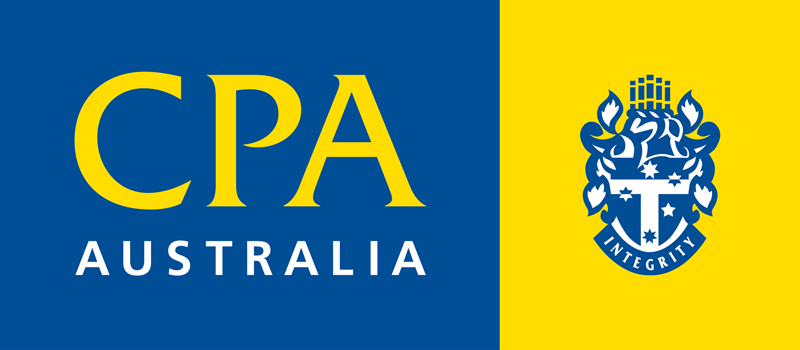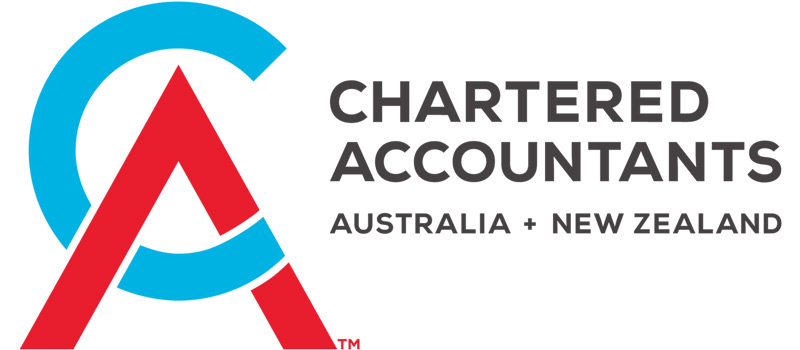RMIT Accounting Educators’ Conference 2024
Monday 25 November, 2024

RMIT University’s School of Accounting, Information Systems and Supply Chain, together with CPA Australia, warmly invite you to attend the RMIT Accounting Educators’ Conference 2024.
The fifteenth annual RMIT Accounting Educators’ Conference (AEC) will be held on Monday, 25th November 2024, at the offices of CPA Australia, Melbourne, Australia.
The RMIT AEC is a refereed conference dedicated to the advancement of the theory and practices of accounting education. The conference promotes collaborative excellence between members and institutions from practice and education.
The aim of the Conference is to provide an opportunity for academics and professionals with cross disciplinary interests to bridge knowledge gaps, strive for excellence in research and promote the evolution of accounting education in the development of future accounting professionals.
The conference invites research papers and extended abstracts that encompass conceptual analysis, design implementation, critiques, empirical analysis, practice, and performance evaluation.
While the conference is being run in hybrid mode, all presenters must attend in person.
Explore the latest research developments in accounting education
Debate the future of accounting education
Learn from the experience of others

The accounting profession has experienced change from regulatory, technological, and social perspectives, particularly cloud computing, blockchain, robotic process automation, cyber security, data analytics, artificial intelligence, ethical and sustainable accounting, and the pandemic more recently (AASB, 2023; Jackson, et al. 2022; Lodge et al., 2023; Tharapos, 2022). This has led to the role of accountants transitioning from transactional tasks to strategic and advisory services.
This ongoing shift has given rise to new career titles such as forensic accountant, crypto accountant, ESG accountant, international accounting specialist, counter-terrorism financial investigator, start-up accountant, and digital accountant (CPA Australia, c.2023). The skillset demands of accountants are rapidly changing due to constant shifts (De Villiers, 2020) in the technological and regulatory spaces, emphasising the necessity for lifelong learning.
This shift necessitates transforming accounting education with new forms of assessments (Håkansson et al., 2024). Assessments play a crucial role in student learning, aligning learning objectives and assuring learning outcomes (William, 2011). Accounting educators have a responsibility to develop innovative and transformative assessments that develop professional skills and foster a mindset of lifelong learning in accounting students, preparing them for this dynamic environment.
8.30am - 5.00pm (AEDT) followed by networking drinks
CPA Australia Melbourne Office, Level 20, 28 Freshwater Pl, Southbank
"I liked how there was a positive spin on incorporating AI into course development and assessment. I also liked the constant linkage back to topics such as transferable skills."
"As usual, I like the conference because I can catch up with colleagues and meet new academics."
"Interesting and informative sessions, which helped generate ideas to undertake impactful projects."
"A wide range of topics covered in research, a warm, friendly atmosphere."



The Conference is being held in hybrid mode (presenters must attend in-person).
To register select from the below options:
For any queries, please contact the conference convenors, Pavithra Siriwardhane and Sonia Magdziarz.
Email: aec@rmit.edu.au



To register select from the below options:
For any queries contact the AFAANZ convenors.
Email: info@afaanz.org
If you have any queries, contact info@afaanz.org
The RMIT Accounting Educators' Conference is a refereed conference dedicated to the advancement of the theory and practices of accounting education. The conference promotes collaborative excellence between members and institutions from practice and education. The aim of the Conference is to provide an opportunity for academics and professionals with cross-disciplinary interests to bridge knowledge gaps, strive for excellence in research and promote the evolution of accounting education in the development of future accounting professionals. The conference invites research papers that encompass conceptual analysis, design implementation, critiques, empirical analysis, practice, and performance evaluation.
The RMIT Accounting Educators’ Conference is held annually and was first held in 2010. Previous conference themes include:
Pavithra Siriwardhane and Sonia Magdziarz
Email address: aec@rmit.edu.au
Acknowledgement of Country
RMIT University acknowledges the people of the Woi wurrung and Boon wurrung language groups of the eastern Kulin Nation on whose unceded lands we conduct the business of the University. RMIT University respectfully acknowledges their Ancestors and Elders, past and present. RMIT also acknowledges the Traditional Custodians and their Ancestors of the lands and waters across Australia where we conduct our business - Artwork 'Sentient' by Hollie Johnson, Gunaikurnai and Monero Ngarigo.